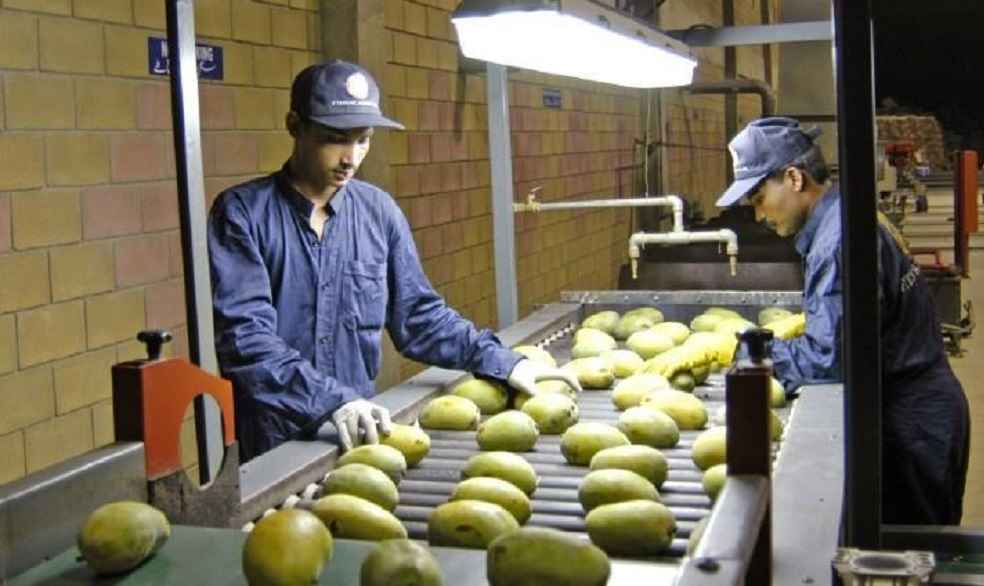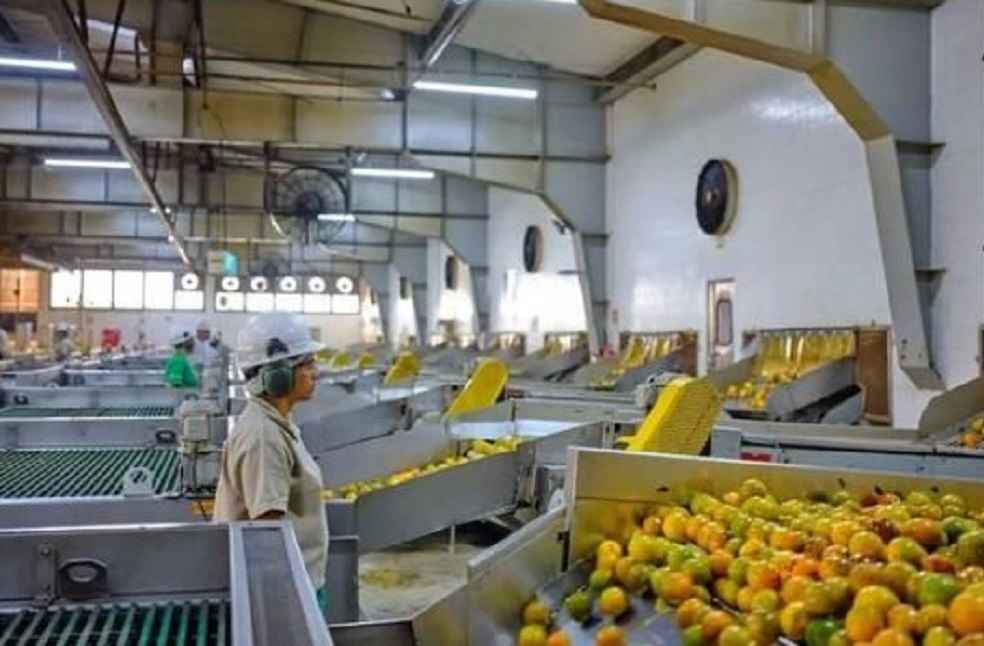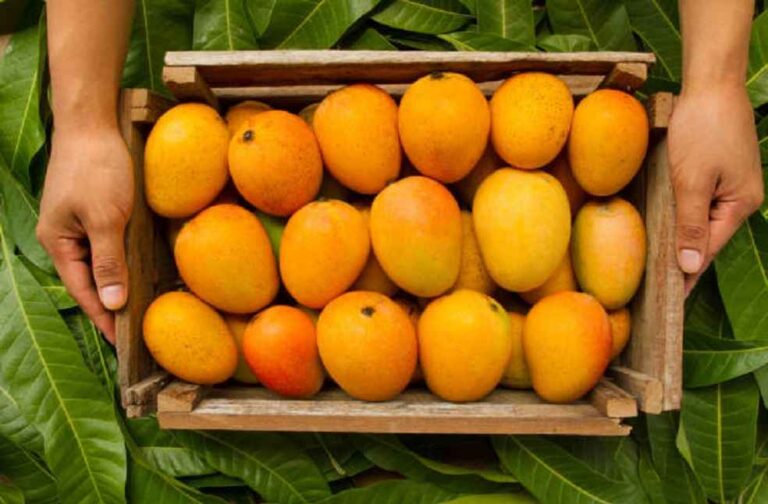Egypt’s lesser-known super-mangoes are on the brink of penetrating Southeast Asia, a region traditionally dominated by its own mango producers. EastFruit highlights this unexpected development, as countries like Vietnam, the Philippines, Taiwan, Thailand, and Indonesia, the latter being the world’s second-largest mango producer, may soon face competition from Egypt’s premium fruit.
Southeast Asia, despite being a significant exporter, also ranks among the largest importers of mangoes globally. Nations such as Malaysia, Hong Kong, Singapore, and Thailand lead in imports, with a significant portion sourced regionally, complemented by supplies from China and India. This substantial import market, reaching up to 150,000 tonnes annually, signals a lucrative opportunity for Egyptian exporters.
Singapore alone imports 20,000 to 25,000 tonnes of mangoes each year, primarily from Thailand and Malaysia. Additional suppliers include India, China, Indonesia, Myanmar, Pakistan, the Philippines, Vietnam, Taiwan, and Australia.

For Egyptian suppliers, breaking into Southeast Asia means navigating a competitive landscape dominated by well-established local growers and regional suppliers. To succeed, Egypt plans to introduce its ‘super-mangoes,’ targeting a premium market segment rather than competing on price with mass-market varieties. These super-mangoes, mostly unknown outside Egypt, are celebrated for their remarkable sweetness, unique flavor, and rich aroma.
Kuzin elaborates, emphasizing the importance of focusing on the premium segment to sidestep direct competition with established suppliers. Egypt cultivates over 200 mango varieties, but only a few are typically exported due to their transportability. The untapped potential of other varieties, labeled as super-mangoes, offers a compelling opportunity for Egyptian exporters in markets like Singapore, Hong Kong, and Malaysia.

Airfreight emerges as the preferred method for delivering these premium mangoes to Southeast Asia, despite the associated logistics costs. The current domestic wholesale price for Egyptian mangoes ranges from $0.25 to $0.90 per kilogram, with air freight to Singapore adding approximately $1.20 per kilogram. This approach enables Egyptian exporters to focus on the high-value market segment, avoiding the risks of maritime logistics and bypassing mass-market competition from suppliers like Pakistan and China.
The Asia Fruit Congress, coinciding with Asia Fruit Logistica in Hong Kong on September 6, will feature an in-depth session on Egyptian fruit and vegetable export opportunities in Southeast Asia. This event provides Egyptian exporters with an ideal platform to showcase their super-mangoes and negotiate profitable deals with key buyers across the region.
IMEX SECTOR | Kazakhstan Tightens Petroleum Export Ban, Halts Apple Imports



